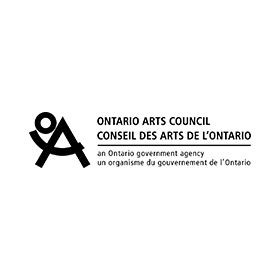
As our understanding of what it means to be healthy shifts, how might we design for well-being differently? And how might the products we use contribute to (or in turn hinder) this sense of well-being?
This exhibition explores how design can contribute to bringing into being more healthy and dignified futures.
In order to design truly relevant and impactful solutions, designers must begin with an empathetic and holistic understanding of the people they are designing for. In this exhibition, a group of emerging designers leverage human-centred design methods to re-envision everyday products in two key realms: aging and personal protective equipment (PPE).
Designing for dignity in aging
In collaboration with Baycrest Health Sciences, a group of designers sought to improve older adults’ and their loved ones’ sense of self, safety and fulfillment. Leveraging design research and ethnographic methods, designers explored what health means to older adults themselves. How might older adults living with dementia continue to engage in the activities that make them feel fulfilled? How might clinical-looking assistive products be re-designed to forefront dignity and comfort? Grounded in a deep understanding of the daily experience of aging, designers developed a series of products that can support older adults in finding physical, emotional, and social well-being.
Imagining the future of personal protective equipment (PPE)
How might the things that we wear and carry change or adapt to better suit future scenarios? How might antiviral and antibacterial materials and technologies be used to help protect us? Representing future scenarios, we see how casually worn masks, shields and accessories represent optimism, while technology that supports how we interact with others helps communicate a message of caution.
*We recommend viewing the full virtual exhibit but you can access the prototype videos and descriptions here as well.
Participants
Organized by Ranee Lee, Renn Scott, and Nadine Hare. Prototypes designed by a select group of Industrial Design students from Human-centred Design and Design for Health courses at OCAD University.Acknowledgements































